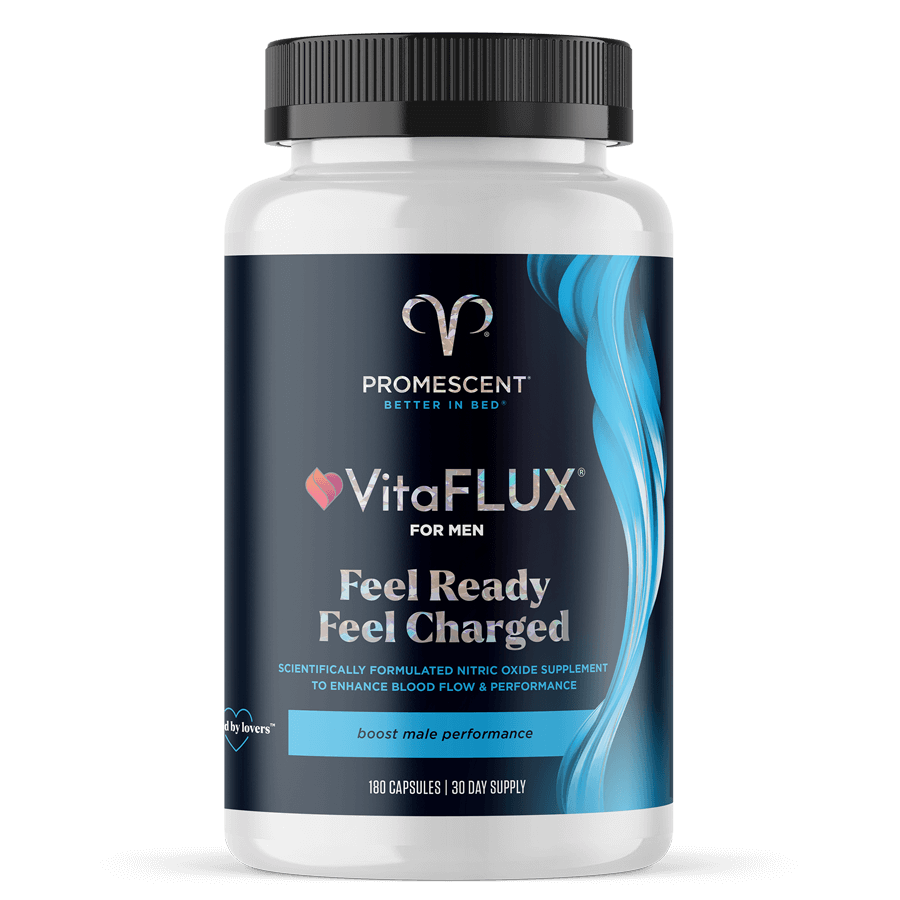
Question
Hey Doc, I'm a guy in my late 40s, and I've been feeling a little off lately—less energetic, lower sex drive, and even a bit moody, if I'm being honest. I've heard that testosterone levels start to dip as men get older.
So, when do men generally start losing testosterone? What can I do to get my testosterone levels back up?
These concerns are quite common and understandable. Testosterone levels do indeed start to decline as men age. It typically begins in the late 30s to early 40s.
This decline is usually gradual, at a rate of about 1% per year after the age of 30. While it's a natural part of aging, lower testosterone levels can sometimes lead to symptoms such as reduced energy, decreased libido, and mood swings.
Your symptoms could very well be related to having low testosterone. But they could also be influenced by other factors such as
Given your symptoms and age, it may be beneficial to consult with a healthcare provider for a comprehensive evaluation. This may include blood tests to check your testosterone levels as well as other potential contributing factors.
There are various health conditions that can lead to a decrease in testosterone levels in men. Some of these include:
If low testosterone is confirmed, there are various treatment options available. Here are a few that might be recommended:
Your healthcare provider can help determine the most appropriate course of action for you.

Testosterone Booster for Enhanced Libido and Increased Energy
$34.99 Learn More
Unlock enhanced endurance, energy, and stamina with VitaFLUX nitric oxide booster
$39.95 Learn More

Absorption Pharmaceuticals LLC (Promescent) has strict informational citing guidelines and relies on peer-reviewed studies, academic or research institutions, medical associations, and medical experts. We attempt to use primary sources and refrain from using tertiary references and only citing trustworthy sources. Each article is reviewed, written, and updated by Medical Professionals or authoritative Experts in a specific, related field of practice. You can learn more about how we ensure our content is accurate and current by reading our editorial policy.
Barbonetti A, D'Andrea S, Francavilla S. Testosterone replacement therapy. Andrology. 2020 Nov;8(6):1551-1566. doi: 10.1111/andr.12774. Epub 2020 Mar 9. PMID: 32068334. Accessed on Oct, 27, 2023.
Your Cart Is Empty